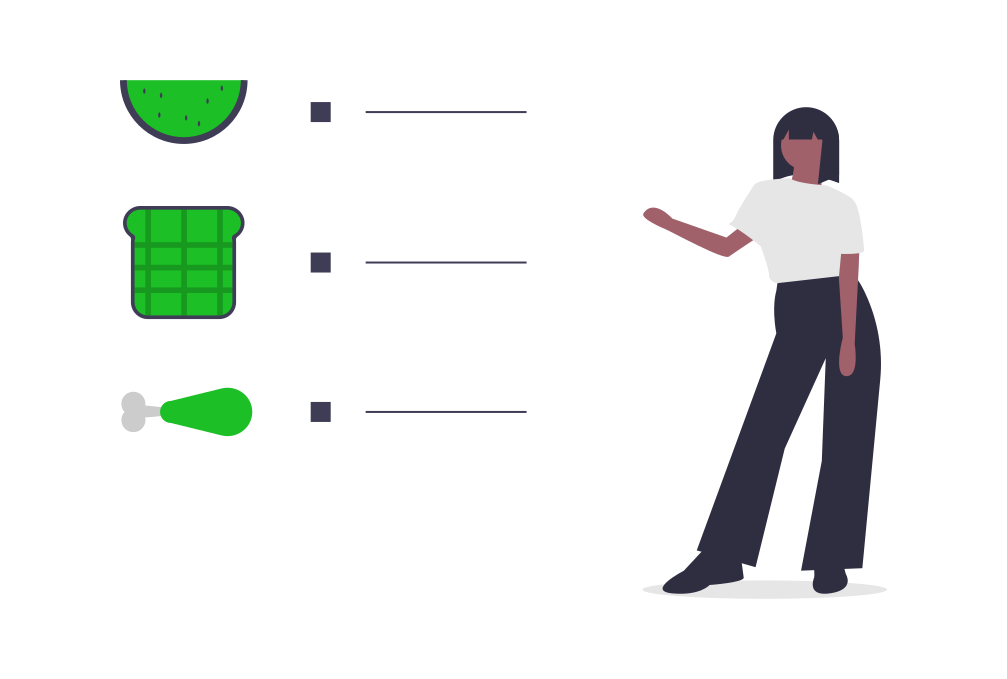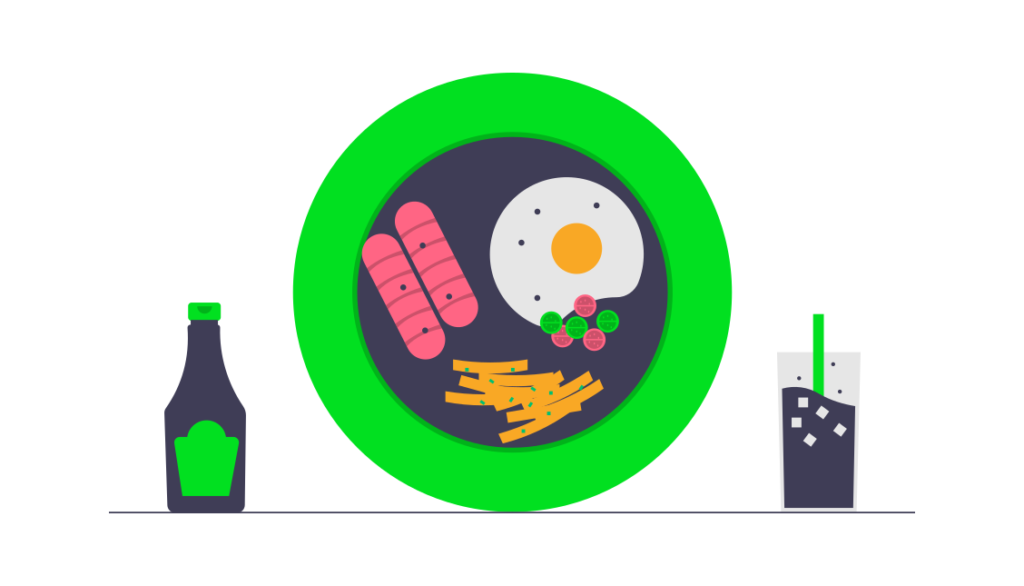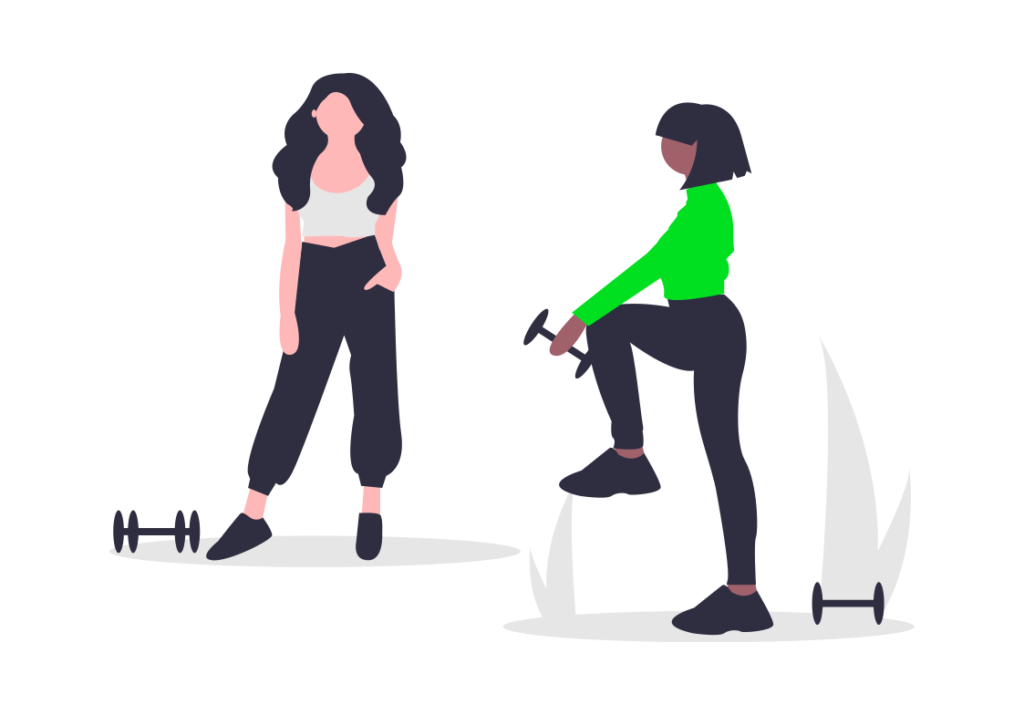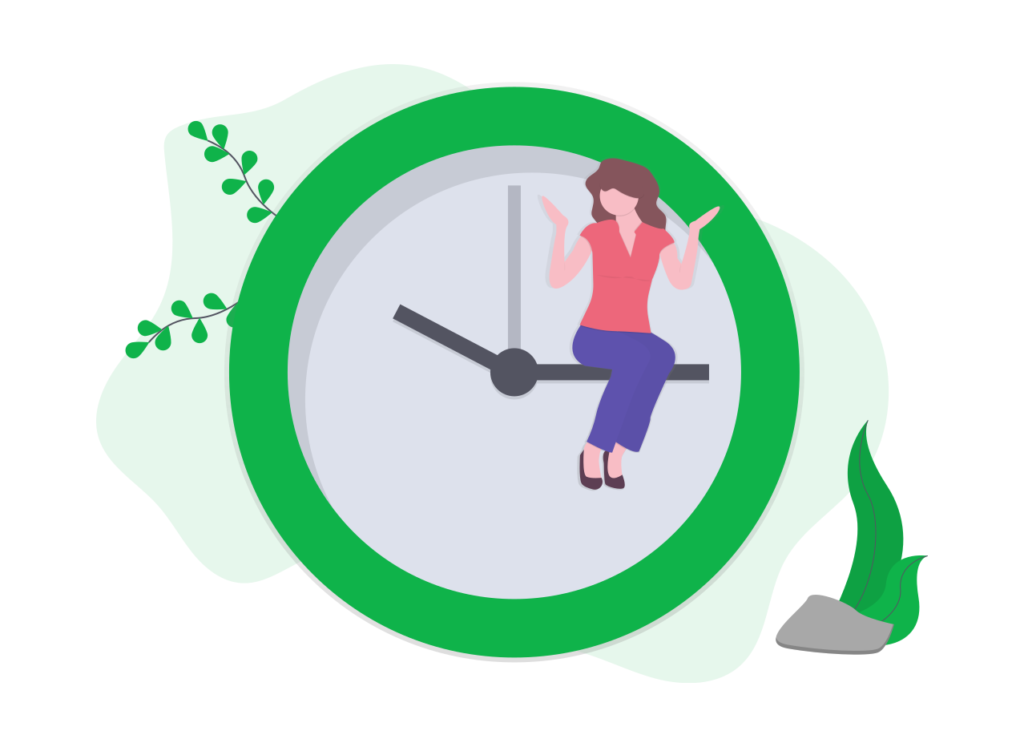Parenting can be hard work. It’s not always going to be easy. Watching your children grow is extremely rewarding but there will be challenges along the way and if you’re reading this now, you might be facing a tough time. But not to worry – we are here to help.
Parents’ wellbeing is a challenging task alongside childcare and often overlooked. We emphasise the importance of caring for our children but not caring for ourselves.
Therefore, we have come up with a parent’s guide to managing your health and wellbeing that we think will help.

Here are some things to remember:
- It’s ok to make mistakes – You don’t have to be perfect. We are all fallible beings. We naturally make mistakes – we get things wrong and shout sometimes. You are not a bad person. If you find yourself losing your control, make sure to apologise to your child and explain why it happened. They will learn from you that it’s okay to make mistakes and it doesn’t make you a bad person.
- Talk to your child – Even young children can understand about feelings and behaviour if you give them a chance to talk about it. With open and honest communication, you can understand one another more and hopefully alleviate some stress.
- Look after yourself – it is important to take some time for yourself. Looking after yourself involves looking after your relationships, your health and your wellbeing. If you don’t look after yourself – how are you going to properly look after your children? Have a nice relaxing bath, see a friend, take your mind off things with a captivating book. Whatever it is, allow time to enjoy yourself. Everyone needs to be a little selfish sometimes.
- It’s okay to ask for help – if you’re struggling, it’s okay to reach out for support from friends, families and organisations that are there to help.
How To Better Manage Your Wellbeing as a Parent
Key points:
- Looking after yourself physically, mentally and emotionally will help your child grow and thrive.
- Manage stress by making time for yourself and seeking help.
- If you have a partner, you can look after your relationship with open communication.
1. Recognise when you feel overwhelmed
Being overwhelmed can lead to:
- Feeling tired all the time
- Headaches
- Being irritable and impatient
- Stress and anxiety
- Lack of motivation
- Trouble concentrating
- Poor eating habits
- General negative thinking.
The stress caused by these symptoms can also impact our physical health. Therefore, it is important to find ways to help combat that overwhelmed feeling. Our next tips focus on a few simple ways that can help you achieve this.
Read Now: 4 Effective Ways to Clear Your Mind of Stress
2. Focus on the here and now
Take a few minutes to write down all the things that are causing you stress and anxiety. And once you have your list, identify what things you can tackle immediately and those that might take a bit longer.

For example, say you:
- Have difficulty getting off to sleep
- Have money worries
- Worry about you or your partner’s job security
- Find it difficult to manage your child’s behaviour.
You can now separate these into two sections, something you can tackle immediately:
And those that might take a bit longer:
- Money worries
- Job security worries
Thinking about all of these will no doubt cause a sense of anxiety and a feeling of being overwhelmed, however, if we separate them out, we can clearly see what’s easy to tackle and what might take longer to resolve.
By reordering the list to prioritise what we can tackle effectively first we can reduce some stress and that feeling of being overwhelmed. Recognising what is causing that stress and anxiety and creating a sense of order means you can think clearly and plan action, tackling one worry at a time.
Read Now: 7 Ways to Ease Financial stress and Manage Your Money
3. Say no
Saying yes is a lot easier than saying no and we often agree to things that can negatively impact our health and wellbeing. Don’t overload yourself trying to fit additional tasks into an already busy schedule.
If you’re worried about coming across rude, here are some ways to politely say ‘No’.
4. Eat well
Our mind needs fuel from a healthy diet to function well. Following a balanced regular diet will help prevent irritability and enabled us to concentrate better. Research has shown that if you eat a diet high in processed meats, fried foods and high fat dairy products, you’re more likely to be anxious and depressed.

Fruits and vegetables have great healing, restorative powers. So here are a few foods that can boost and maintain your mental wellness:
- Yoghurt has probiotics that assist in lowering levels of stress, anxiety and depression.
- DHA, an Omega-3 fatty acids found in oily fish such as salmon can help improve short-term and long-term memory and reduce anxiety.
- Strawberries, blueberries, raspberries and blackberries contain antioxidants that improve symptoms associate with anxiety and depression.
Read Now: A Happy Diet: 9 Foods Proven to Lift Your Mood
5. Sleep
Sleep has a huge impact on our mind and body’s function. Lack of sleep affects our mood, alertness and negatively impacts our ability to concentrate.
How to sleep better:
- Reduce your alcohol and caffeine intake.
- Before bed, wiring a to-do list for the next day helps create a sense of time management which helps your mind relax, making it easier to drift off to blissful sleep.
- Having a regular sleep pattern – set a bedtime and stick to it.
- Don’t look at any devices – e.g. mobile phones, tablets or laptops an hour before bedtime and switch them off when you go to bed.
Read Now: Why Understanding Sleep is Crucial to your Wellbeing
6. And finally… talk about how you are feeling.

Sharing your feelings has many benefits. As human beings we are designed to feel and express our feelings. It’s never good to keep things bottled up. Sharing can help by:
- Reducing the intensity and power of a feeling, e.g. reducing anxiety levels
- Helping you get a new perspective on difficulties
- Making problem solving and decision making easier
- Reducing any sense of isolation and helping to restore a balanced sense of reality.
Related Articles
- Why is Journaling Good for Your Mental Wellbeing?
- The Impact of Screen Addiction on Health and Wellbeing
- How to Live With Anxiety
- 8 Quick and Small Changes to a Better Life
- How to Achieve the Perfect Work-Life Balance
- How Exercise Benefits Mental Health
- 4 Great Techniques to Boost Your Short-Term Memory
For further advice from our professional lifestyle coaches, contact us at Ceed today!





















